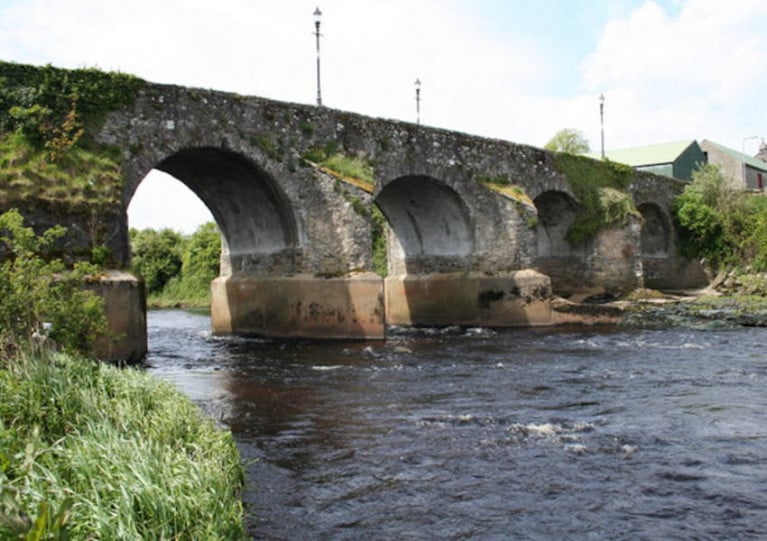Displaying items by tag: Mourne Beg
Works to restore watercourses impacted by a bogslide in the North West last year could take “a number of years” to complete, according to the Loughs Agency.
As previously reported on Afloat.ie, anglers in Donegal and Tyrone fear that the peat slippage near a wind farm development at Meenbog has made an important salmon fishery uninhabitable.
Video of the incident, which saw thousands of tonnes of bogland slide into the River Derg system, went viral on social media in early November 2020.
A working group was established in the wake of the incident and this multi-agency, cross-border group continues to meet on an ongoing basis to coordinate the plan of action, the Loughs Agency says.
“Construction works on the windfarm site where the peat slide originated remain suspended, with the exception of the maintenance of measures required to mitigate the threat of further pollution or those required to safeguard health and safety,” it adds.
Following a direction to the windfarm developer from the Environment Protection Agency (EPA), an updated assessment by independent consultants of peat stability on the site is currently under way.
In addition, a “phased approach to the restoration of areas impacted by the peat slide” has been adopted, the Loughs Agency says.
The first phase began in the last few weeks, undertaken by the windfarm developer under direction of Donegal County Council and the Northern Ireland Environment Agency, and involves restoration of the lower reaches of the Shruhangarve stream and a planting scheme “to mitigate against the deterioration of the peat slide scar”.
The Loughs Agency says it has appointed a fisheries scientist to coordinate further restoration works that may be required for the Mourne Beg and other rivers downstream, and which may require statutory consent.
But it also advises that “given the seasonal restrictions that may apply”, such remediation works “will take a number of years to complete”.
Emergency Works Near Completion at Wind Farm at Centre of Bogslide Incident in North West
The developer of a wind farm where a recent bogslide led to a major pollution incident in an important salmon river system has been carrying out emergency works to reduce the risks of further peat slippage.
These nearly completed works have stabilised the situation, according to the Loughs Agency, which adds that the working group established in the wake of the incident continues to meet.
The focus has now moved from a response phase to investigation, enforcement and planning for environmental restoration works, it says.
Officials from Donegal County Council and other agencies involved in the working group have inspected the site of the wind farm development on an ongoing basis since becoming aware of the incident.
The only works witnessed during these inspections have been those related to efforts prevent further slippage or mitigate the impacts of the initial bog slide, the Loughs Agency adds.
As previously reported on Afloat.ie, local anglers in Donegal and Tyrone have feared that the incident — which saw tonnes of bogland slide into the River Derg system — made the waters uninhabitable for wild salmon.
Bogslide Threat to Important Salmon River in North West
Anglers in Donegal and Tyrone fear a recent bogslide near Ballybofey has made an important salmon river uninhabitable for fish.
Footage of the peat slippage on Mourne Beg at the Donegal/Tyrone border, which went viral on social media over the weekend, shows some of the thousands of tonnes of bogland that slid into the River Derg system.
And according to BreakingNews.ie, a local angling representative said one dead fish had already been found ahead of more they expect to discover in the coming days.
Peat slippage near Meenbog Wind Farm, south of Ballybofey in Donegal. #Meenbog ? pic.twitter.com/YEQSLMfqQ7
— Mark Rooney (@rooneymobile) November 14, 2020
The Loughs Agency said its staff are “evaluating the environmental effect” of the incident along with Donegal County Council and other agencies.

























































